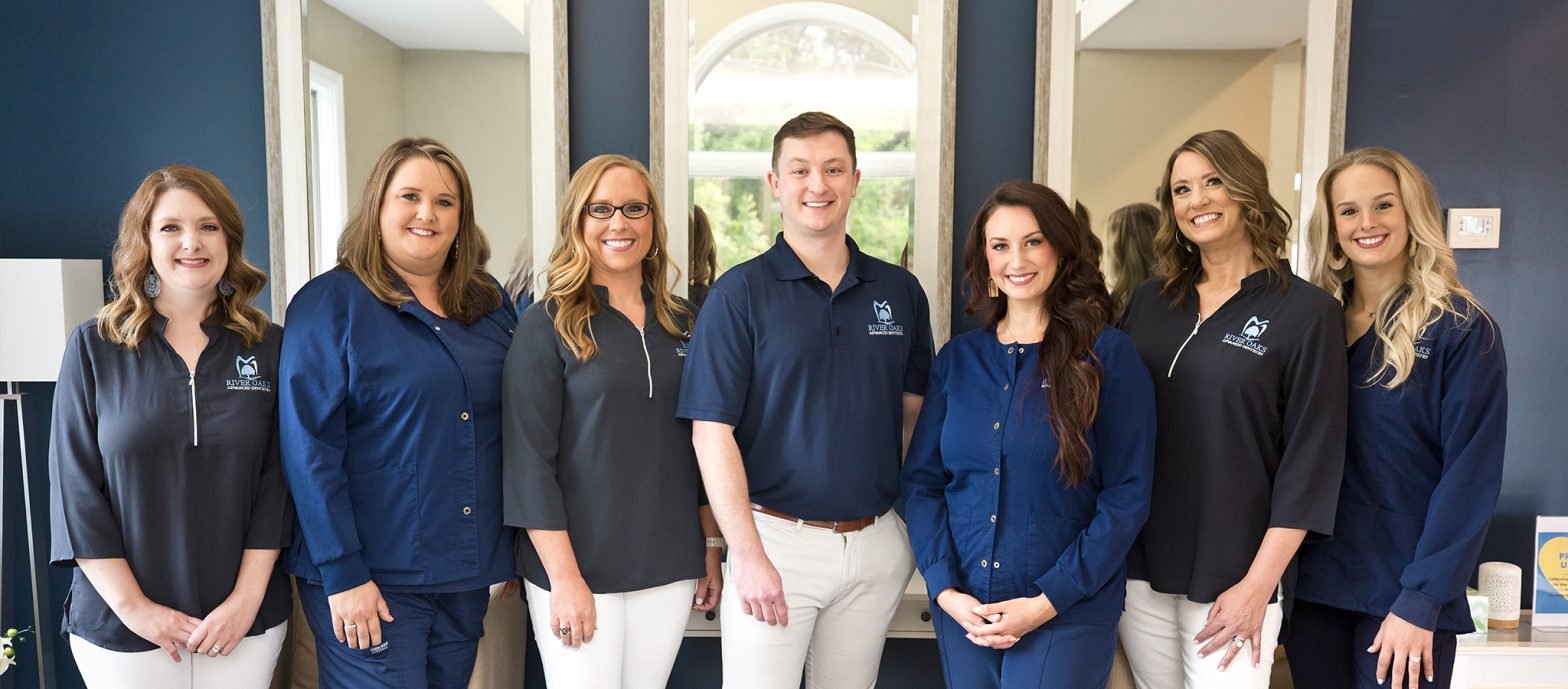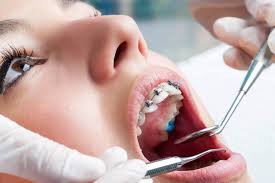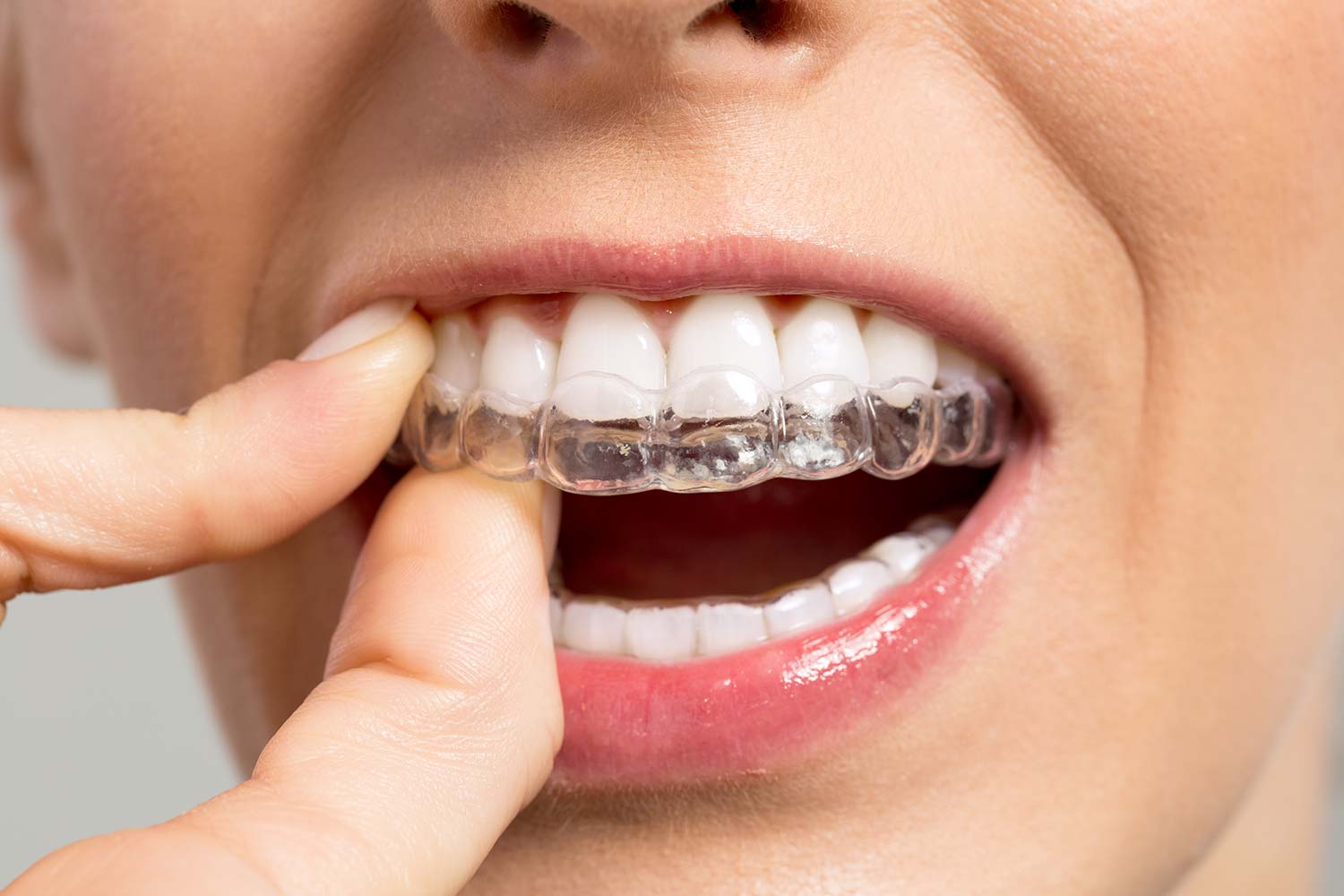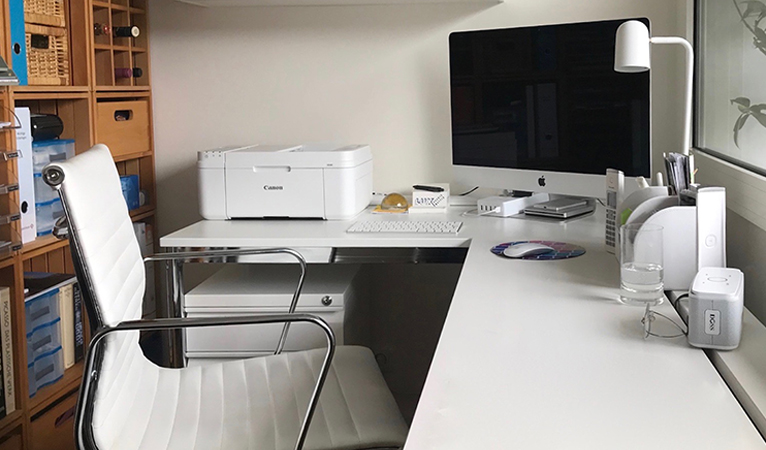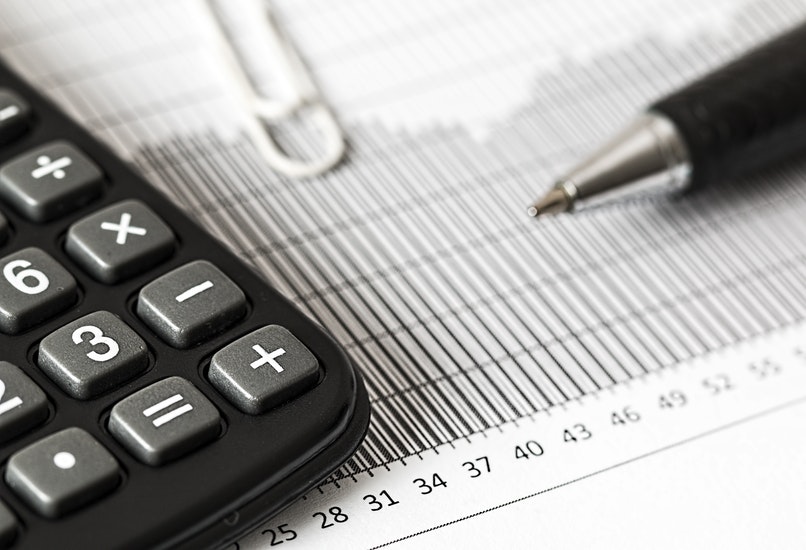How to Prevent Varicose Veins?
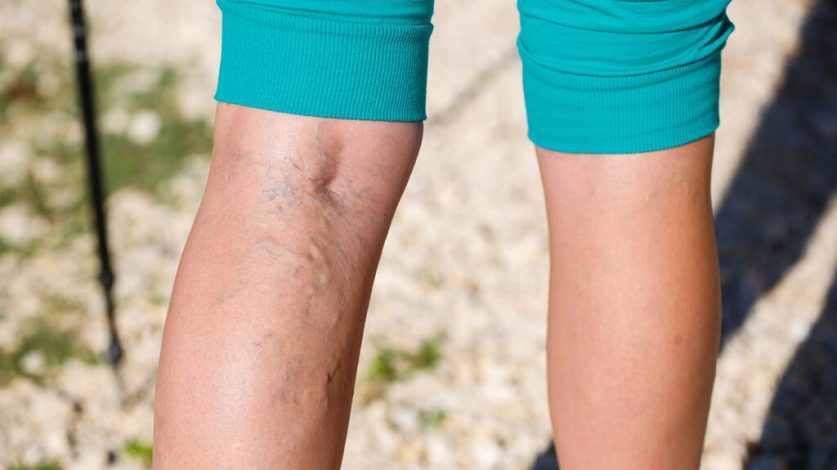
Varicose veins develop with age, family history, pregnancy, obesity, hormonal replacement or contraception therapy, and prolonged sitting. Moreover, some risk factors, like family history or age, are harder to avoid than others. However, veins specialists treat your condition, but what is a vein specialist called? Is there any way to prevent varicose veins from forming?
Unfortunately, no. However, you can prevent existing varicose veins from becoming severe. Also, you can live a healthy lifestyle to delay problems with veins. You should do exercises such as stretching and sitting while elevating your legs and adobe thighs. Here are some more detailed explanations;
Avoid prolonged periods of sitting or standing.
Standing or sitting in one position for an extended period makes it harder for your blood to travel in opposite directions. This creates pressure in your veins and eventually causes blood to pool around your ankles, and your feet may get swollen and ache. However, moving around will decrease venous pressure and improve your blood circulation. If you have the sitting job for a long, you can consider such small exercises, such as:
- Peddling your feet
- Stretching
- Blend your knees
You should consider elevating your legs at least three times a day, for 15 minutes at a time. Also, sit in a manner elevating your feet above the heart to break the gravity cycle, thus leading to better blood circulation and less ankle swelling.
Wear compression
Compression socks and stockings can help keep your veins valves in the proper position. This also makes it easier for the veins to function properly and reduces blood pooling, swelling, and pain.
You won’t feel night cramps after compression stockings and supports during the day. There are various types of socks, depending on your damaged condition. Therefore you should consider visiting a doctor to know the pros and cons of stockings. Also, if you ding not relive, make an appointment with the doctor for varicose veins treatment. What type of doctor treats varicose veins?
Although a few other doctors, such as cardiologists, phlebologists, dermatologists, and even general surgeons, can also help to treat varicose veins. Moreover, varicose veins doctors and radiologists have additional training, making them a better choice for diagnosis and treatment.
Live a healthy lifestyle.
Varicose veins can develop risk factors that can’t be influenced. This makes it essential to try and practice healthy lifestyle choices to eliminate further damage to your veins.
Obesity, with higher pressure inside your veins, is a mother for diseases. Therefore, you should consider eating a healthy diet based on carbohydrates, a sufficient amount of protein, and healthy fats. You can avoid foods high in salt, including high fiber and potassium. Moreover, drink enough water to hydrate your body and maintain healthy blood circulation properly.
Conclusion
If you have pain, itching, or swollen, on your lower legs, visit your doctor for a thorough diagnosis and proper treatment for the issue.
RECOMMENDED FOR YOU
Things To Avoid After Teeth Whitening.
June 9, 2023
What Is Smile Makeover And Its Benefits?
June 8, 2023




